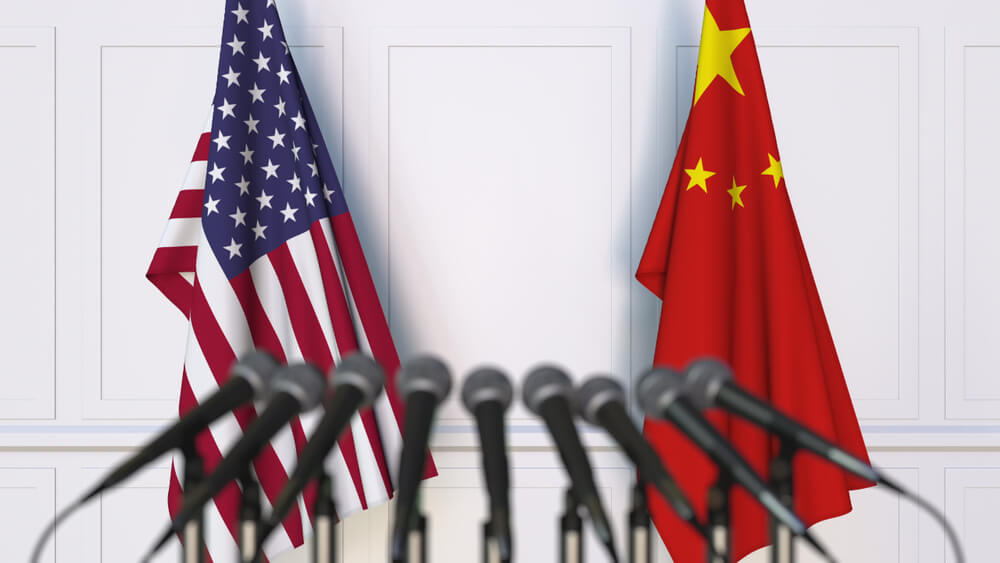The first phase of a U.S.-China trade agreement will be inked at the White House in mid-January, President Donald Trump announced Tuesday, adding that he will visit Beijing at a later date to open another round of talks aimed at resolving other sticking points in the relationship.
“I will be signing our very large and comprehensive Phase One Trade Deal with China on January 15,” Trump tweeted from his Florida home. “The ceremony will take place at the White House.”
I will be signing our very large and comprehensive Phase One Trade Deal with China on January 15. The ceremony will take place at the White House. High level representatives of China will be present. At a later date I will be going to Beijing where talks will begin on Phase Two!
— Donald J. Trump (@realDonaldTrump) December 31, 2019
High-level Chinese government officials will attend, he said.
“At a later date I will be going to Beijing where talks will begin on Phase Two!” Trump said. He did not announce a date for the visit.
In the first-step agreement, which actually is smaller than the comprehensive deal Trump initially had reached for, the U.S. dropped its plan to impose new tariffs on $160 billion of Chinese imports starting earlier this month. Such a move would likely have led to higher prices for many consumer goods as Americans shopped for gifts during the holiday season.
The Trump administration also agreed to cut existing import taxes on about $112 billion in Chinese goods from 15% to 7.5%.
In return, the U.S. said China agreed to buy $40 billion a year in farm products over two years, even though U.S. agricultural exports to China have never exceeded $26 billion a year.
Beijing also committed to ending a long-standing practice of pressuring companies to hand over their technology as the price for gaining access to the vast Chinese market.
China also agreed to lift certain barriers to its markets for such products as beef, poultry, seafood, pet food and animal feed, according to U.S. officials.
But at the same time, the initial agreement left some major issues unresolved, notably complaints that Beijing unfairly subsidizes its own companies to give them a competitive advantage in world markets.
No detailed paperwork on the agreement has been released, and China has yet to confirm the dollar amount of U.S. farm goods it has pledged to buy.
Both sides have said they’ve been waiting for text of the agreement to be translated between Chinese and English.
© The Associated Press. All rights reserved.
